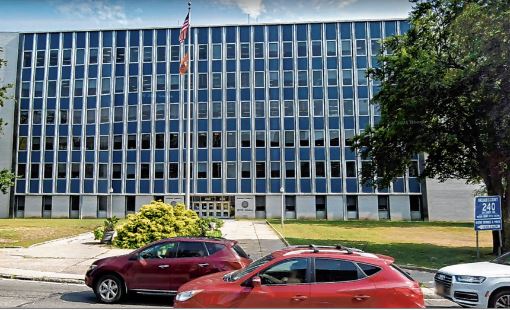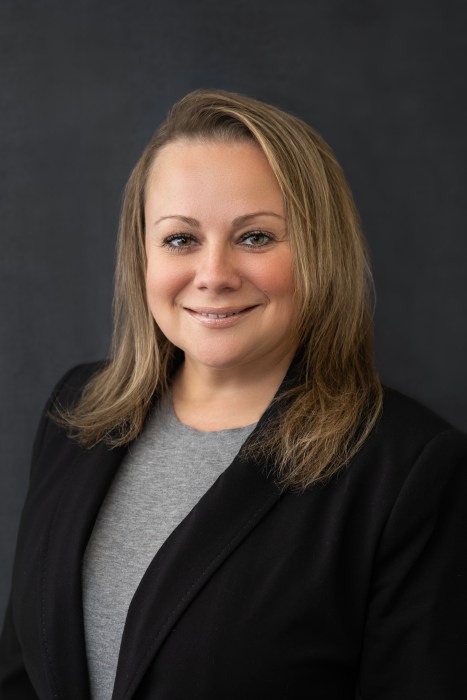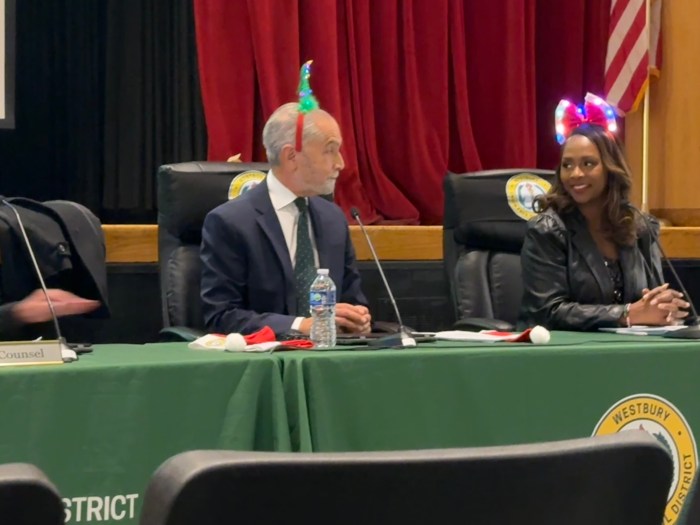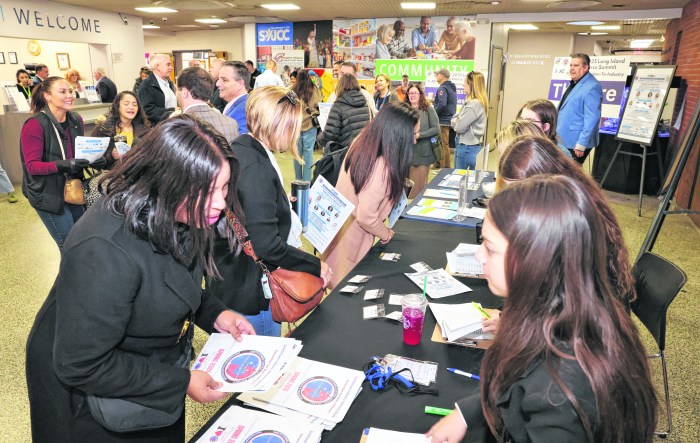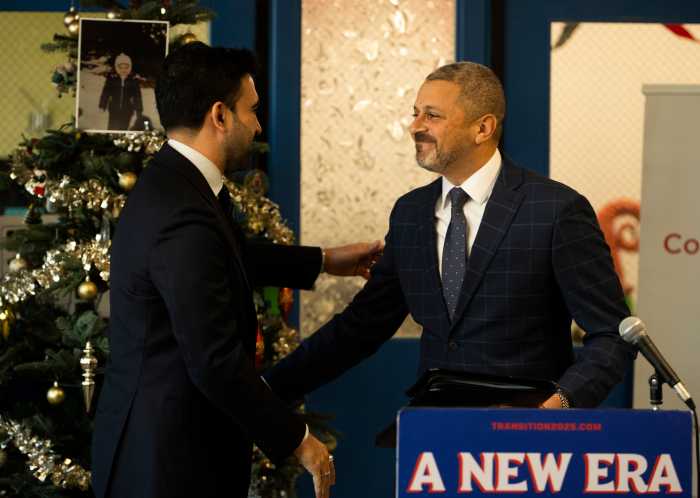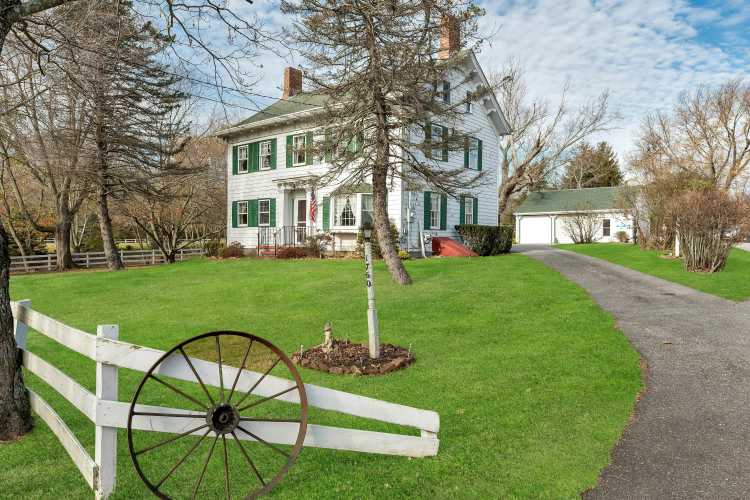One of Long Island’s leading life-sciences entrepreneurs, James Hayward co-founded Europe’s first liposome company, Biocompatibles Ltd. in the early ’80s; headed worldwide research at Esteé Lauder from 1984 through 1989; then founded The Collaborative Group, a cluster of interconnected companies servicing the biotech, pharmaceutical, and consumer-product industries from 1990 through July 2004.
After selling the company’s assets to Dow Chemical and to a company later acquired by BASF, Dr. Hayward refocused on venture capital investing. In June 2007 he was named chairman, president and CEO of Applied DNA Sciences Inc., a Nasdaq company that uses DNA tagging, testing and manufacturing to reduce counterfeiting and improve supply-chain integrity. Dr. Hayward – the degree is in molecular biology and biophysics from Stony Brook University – serves on the boards of the Stony Brook Foundation, the Research Foundation of the State of New York, and the Long Island Life Sciences Initiative. His longtime base of operations is the Long Island High Technology Incubator at Stony Brook.
Here are edited excerpts from our conversation.
Warren Strugatch: Tell me about your early years.
James Hayward: My family lived in St. Albans, Queens. We owned a small deli-cum general store and lived right behind it. Everyone in the family worked there from the time we could walk. We had the experience of being in the great minority. The neighborhood was undergoing integration, with some reluctance. Being store owners was something of a struggle. Assembling and selling the Sunday newspapers was my job. When the city bus stopped at our corner, I’d hop on with a bag full of newspapers, sell up and down the aisles for five or six stops, then hop off. I’d take the next bus back. I learned to sell face to face and to do the work behind it.
WS: How did your parents influence you?
JH: My dad, Robert, was from England. My mom, Margaret, was from Ireland. Dad ran the store, Mom made the salads. Mom was socially minded and volunteered at nursing homes and Creedmoor State Hospital. As a student, I worked as an orderly at Creedmoor. Both my parents had remarkable work ethics but understood there was more to life than work. When the store finally closed, we’d take out our roller skates and roll up and down the aisles.
WS: What do you consider your strongest business skill?
JH: I’d say it’s choosing my friends wisely. I chose my academic advisors on the basis not only of personal admiration but of friendship. My mentors became friends for life. I was fortunate in that my post-doc advisor in London at the Royal Free Hospital School of Medicine kept a leg in academia and a leg in industry. I learned a lot about business from him.
WS: Unlike some scientist-entrepreneurs, you’ve thrived on the financial and fundraising aspects of business.
JH: What I learned in London, running a company trading on the FTSE [Financial Times Stock Exchange], was that raising funds is a matter of telling a great story with passion. As a result, we had kind of an easy path to initial funding. We spent less time on the road raising money. The old adage about raising money is to do it when you have a prospectus, not when you really need it.
WS: How did working at Esteé Lauder affect you?
JH: Working at Lauder was a great lesson in speed to market. A company like Lauder makes expensive advertising commitments in big-circulation magazines months in advance, sometimes for products in development. As a scientist, you better manage your team so you launch on time. You can’t miss ad deadlines.
WS: Why is the work of Applied DNA Sciences important?
JH: We’re a small company that’s the world’s largest manufacturer of DNA. We use DNA to detect counterfeit products in materials like cotton, currency, pharmaceuticals, and now legally sold cannabis. We catch manufacturers who cheat by diluting and mislabeling their products. We take the evidence to court. So far we’ve had 116 convictions in 116 trials. Our work makes life better for consumers.
WS: Can you describe your business vision?
JH: Our vision is to change the world for the better. By improving large commercial ecosystems and impacting lots of people, we can make the world a more sustainably managed and more truthful place.
WS: What’s your take on your company’s future?
JH: This is a $50 million market-cap company that should be a billion-dollar market-cap company.
Warren Strugatch is a partner at Inflection Point Associates, a consulting firm in Stony Brook. Reach him at Warren@InflectionPointAssoc.com






